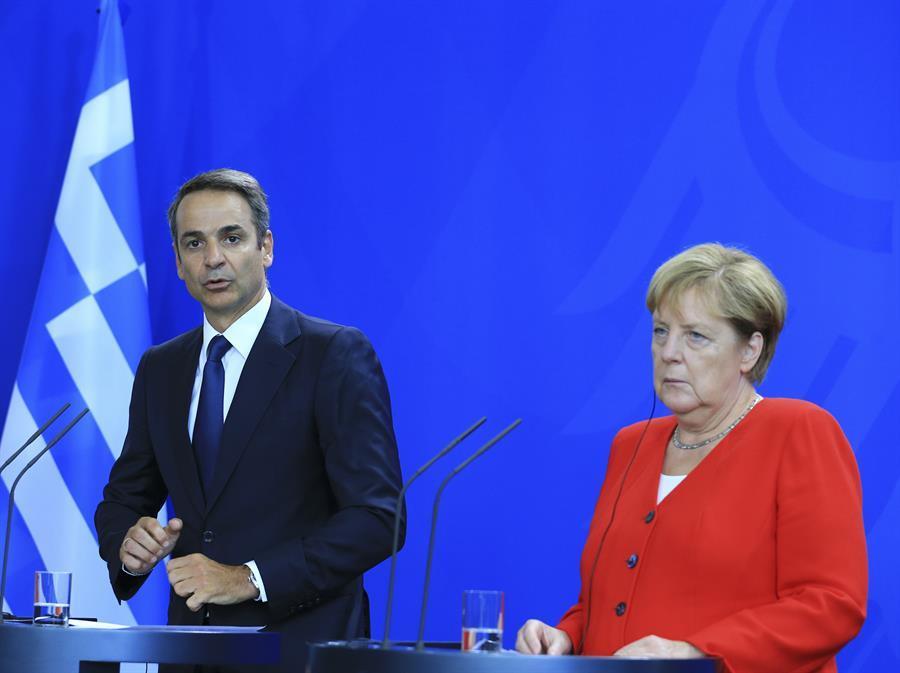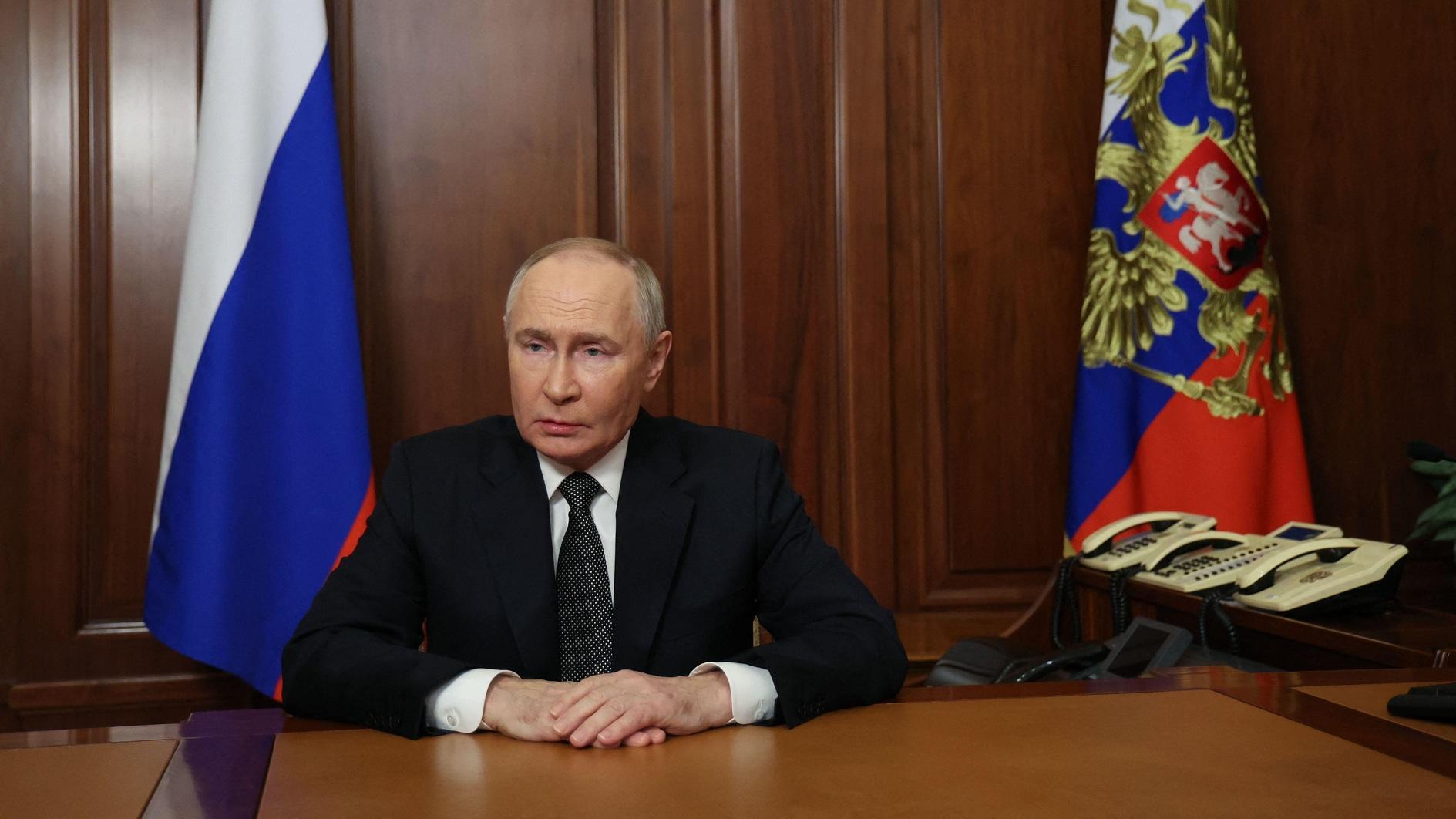EU to discuss Turkey's needs on refugee issue: Merkel
BERLIN- Anadolu Agency

German Chancellor Angela Merkel on Aug. 29 said that the EU would continue engaging Turkey on the issue of assistance it may need to address the refugee problem.
She also vowed to improve the implementation of the 2016 EU-Turkey refugee agreement.
“I had exchanges with Turkish President Erdogan about the agreement, we have constant exchanges,” Merkel told a joint news conference, she addressed with Greek Prime Minister Kyriakos Mitsotakis following their meeting in Berlin.
Experts believed that her statement implies that at her initiative, the EU may take new steps to address Ankara's concern and work toward the proper implementation of the EU and Turkey refugee agreement.
“We will continue to discuss with Turkey about what kind of assistance it needs as it has accepted so many refugees,” she said, referring to some 3.6 million Syrians, who have taken refuge in Turkey.
In 2016, Merkel had championed the EU-Turkey refugee agreement, with the hope of stopping the refugee influx, after nearly a million refugees had arrived in Germany.
Merkel admitted that there have been problems in the implementation of the deal.
The agreement had successfully reduced the risks refugees take by crossing the Aegean Sea, and had prevented the loss of many lives on sea.
But the EU's bureaucratic hurdles and delays to mobilize promised funds, led to sharp criticism by Turkish officials.
The EU had pledged €6 billion ($6.6 billion) aid to improve living conditions of Syrian refugees in Turkey. But only €2.22 billion were disbursed until June 2019.
On Thursday, Merkel reaffirmed Germany's commitment to the EU-Turkey refugee deal and expressed her pleasure that the new Greek Prime Minister Mitsotakis also wanted to improve proper operationalization of this agreement.
“I am glad that one of the main focuses of the Greek government will be to bring this agreement to life,” she said, adding that it took long to establish mechanisms to return irregular migrants to Turkey.
The pace of returns has been slow largely due to legal processes in Greece.
The German chancellor admitted that the EU could not achieve much progress on its plans to share the burden by relocating refugees in member states.
"On this, we must achieve better results," she said.
As part of the EU-Turkey refugee agreement, EU member states pledged to accept some of the Syrian refugees directly from Turkey, as part of a resettlement plan.
But the statistics show that just 20,000 Syrian refugees have been accepted by the EU from Turkey, since the signing of the agreement till March 2019.
















